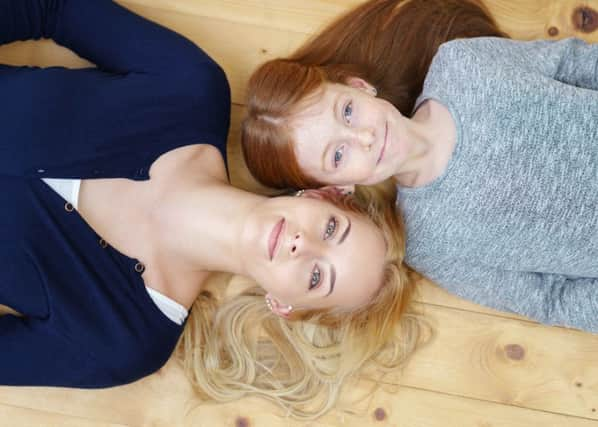RESEARCH: Ginger gene helps you look younger


Those with the variant of the gene look on average two years younger than they actually are.
Dutch scientists found a variation of MC1R also related to differences in how old people look to other people - their perceived age.
Advertisement
Hide AdAdvertisement
Hide AdIt explains why some people appear more youthful than others.
Professor Dr Manfred Kayser at Erasmus University, Rotterdam, said: “For the first time, a gene has been found that explains in part why some people look older and others younger for their age.
“Looking young for one’s age has been a desire since time immemorial. This desire is attributable to the belief that appearance reflects health and fecundity.
“Indeed, perceived age predicts survival and associates with molecular markers of ageing such as telomere length.
Advertisement
Hide AdAdvertisement
Hide Ad“Understanding the underlying molecular biology of perceived age is vital for identifying
new ageing therapies among other purposes, but studies are lacking thus far.
“Our study uncovers the first genetic evidence explaining why some people look older for their age and provides new leads for further investigating the biological basis of how old or young people look.”
Previous studies found age perception was influenced by a combination of genetic and environmental factors in roughly equal parts.
Advertisement
Hide AdAdvertisement
Hide AdPerceived age has also been shown to predict a person’s health and mortality, suggesting that the age we perceive a person to be from the appearance of their face might also be related in important ways to a person’s biological age and health.
The study searched the genomes of more than 2,600 elderly Dutch Europeans from the Rotterdam Study for DNA variants associated with differences in perceived facial age and wrinkling as estimated from digital facial images.
The strongest hits for perceived facial age were for DNA variants in the MC1R gene and this finding was confirmed in two other large European studies.
The association between these DNA variants and perceived age wasn’t influenced by age, sex, skin color, or sun damage.
Advertisement
Hide AdAdvertisement
Hide AdIn addition to its role in skin color, MC1R is also known to play a role in other biological processes, such as inflammation and DNA damage repair and this influence might be the reason it links to youthful looks.
While the gene was just one of many factors that influence perceived age, further experiments are planned to explore exactly how it influences our looks and identify other genes that influence perceived age.
Dr David Gunn of Anglo-Dutch multinational Unilever which participated in the study said: “We believe that using the perception of age is one of the best and most exciting ways to measure how ‘well’ people are ageing, which we hope will lead to further breakthroughs in aging and health research in the near future. The study was published in Current Biology.